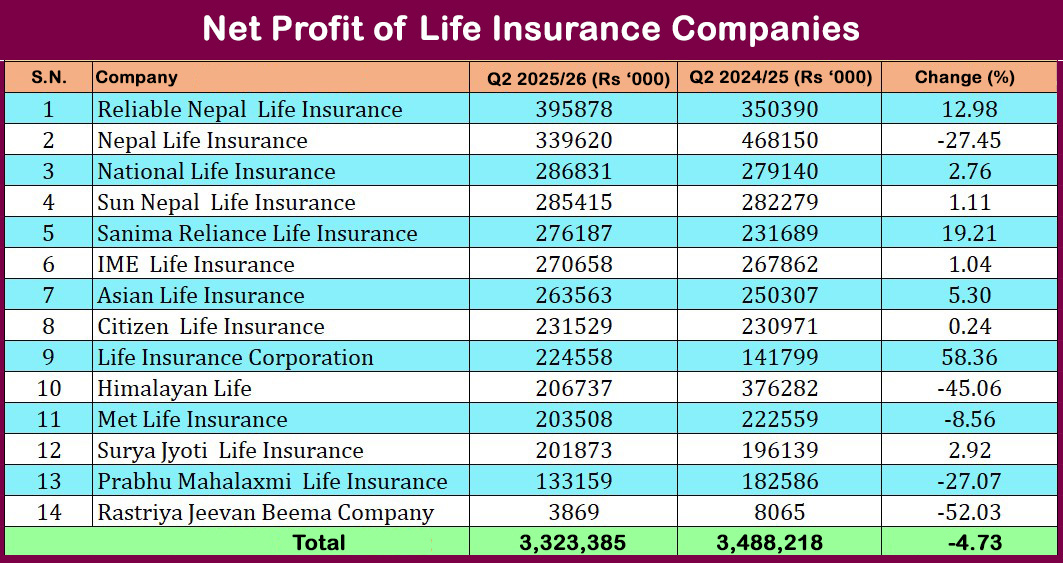
KATHMANDU: The banking system is aflush with investable funds due to a lack of demand for loans.
According to the Nepal Rastra Bank (NRB), around Rs 600 billion in investable funds has piled up in banks and financial institutions (BFIs).
The accumulation of funds in banks began after large industrialists and businesspeople stopped taking loans since the beginning of last fiscal year. Even in the previous fiscal year, investable funds had piled up in banks. According to NRB data, as of mid-January, the banking system had Rs 597 billion in liquid funds.
During the same period last year, the banking system had Rs 162 billion in liquid funds. Compared to the previous year, investable funds in the banking system have increased by 205.85% in the first six months of the current fiscal year.
Commercial banks extended loans totaling Rs 60 billion in the sixth month of the fiscal year 2024/25 i.e. mid-December to mid-January.
Due to excess liquidity, the return on savings in the country has decreased, leading to a situation of capital flight, according to bankers. With lower interest rates in banks, deposits are shifting to unsupervised institutions like cooperatives, which could increase financial risks, they warned.
Bhuvan Dahal, former president of the Nepal Bankers’ Association, highlighted that weak investment and loan growth poses challenges for the economy and the overall banking sector. He estimated that the excess funds in banks could flow abroad if not utilized domestically. Dahal suggested that the government needs to be vigilant and introduce special investment plans to prevent this.
NRB data shows that loan demand has significantly declined over the past three years. NRB spokesperson Ramu Poudel stated that the construction sector, which traditionally sees the highest loan disbursement, has contracted sharply. He added that some businesses are also facing difficulties, leading to reduced loan demand.
“Industrialists and businesspeople need to bring special investment plans. Discussions are ongoing in this regard. The NRB has provided regulatory flexibility in capital funds, loan classifications, and risk management provisions. Now, banks need to introduce new loan schemes,” Poudel said.
He also mentioned that the implementation of provisions under the current fiscal year’s monetary policy and working capital loan guidelines will be prioritized until mid-July to boost loan flow.
As of mid-January, BFIs have collected total deposits of Rs 7,347.94 billion and extended loans of Rs 5,627.41 billion. Commercial banks alone collected Rs 5,912 billion in deposits and disbursed Rs 4,719.33 billion in loans.

 Himal Press
Himal Press 















